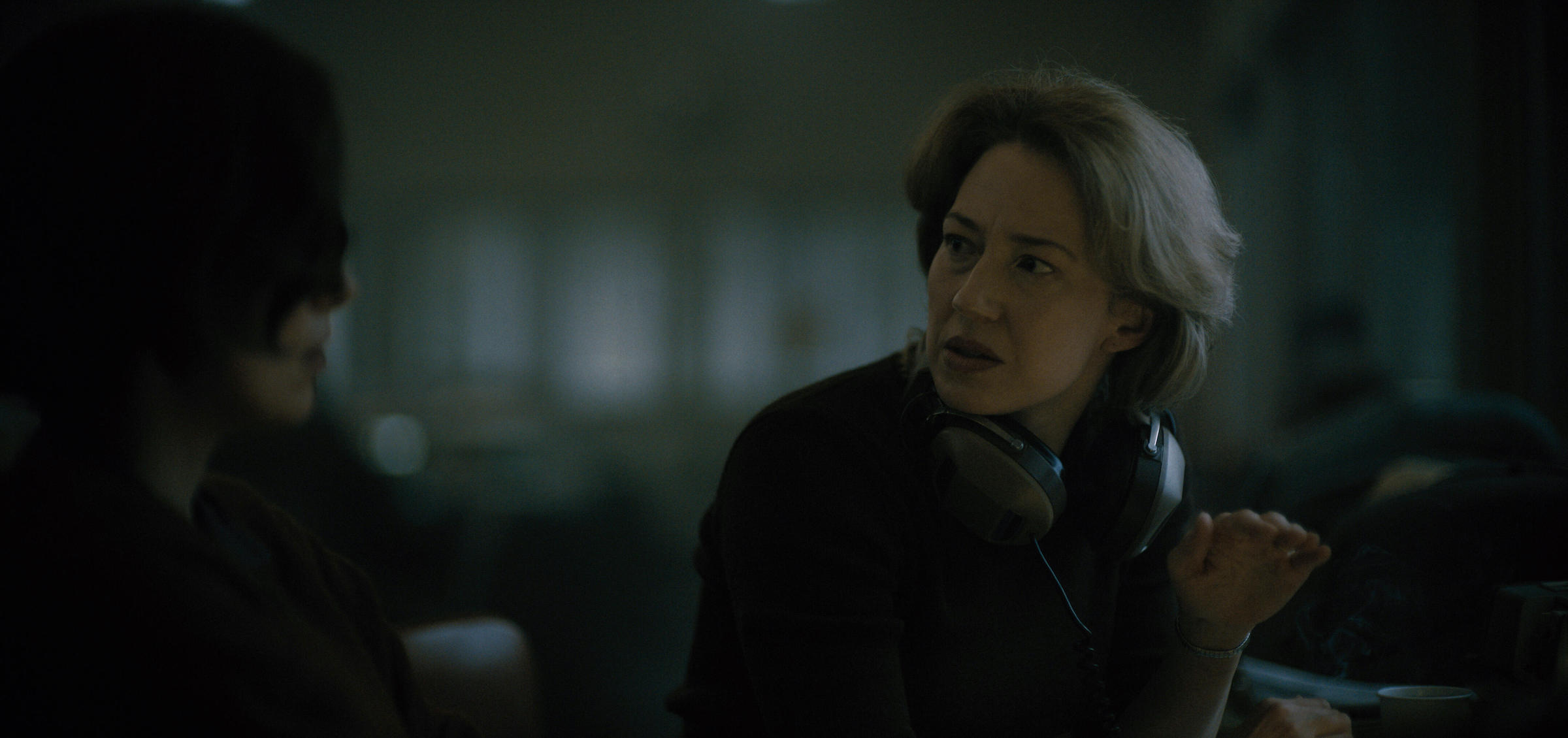In the early 1960s, a serial killer dubbed the Boston Strangler had that city and its environs wrapped in a knot of fear. Thirteen women had been raped and murdered in the area over a period of several years, and the police couldn’t catch the culprit. The populace breathed easier when a convicted rapist named Albert DeSalvo confessed to the crimes. But Loretta McLaughlin, a reporter at a local newspaper, had doubts about whether DeSalvo had really committed all the murders. Keira Knightley plays McLaughlin in writer-director Matt Ruskin’s tense, absorbing Boston Strangler, which dramatizes both McLaughlin’s initial investigation of the murders—with the help of fellow journalist Jean Cole (Carrie Coon)—and her follow-up reporting after the case had been considered solved.
The city wanted the killer behind bars; it was inconvenient to face the possibility that the murders might have been committed by more than one man. Early in the killer’s—or killers’—reign of terror, McLaughlin, stuck on the paper’s lifestyle desk and suspecting that her colleagues aren’t digging as deeply as they should be, persuades her reluctant boss (Chris Cooper, craggy in that old-style newsman way) to give her a crack at the story. It’s she who uncovers a telling detail her male counterparts had missed: after strangling his victims, often with a nylon stocking, the killer would tie the murder weapon into a decorous bow around the neck. After Cole, the more experienced reporter, joins McLaughlin in covering the story, the paper endangers both of them by opportunistically publicizing the novelty of two women working together on a grisly beat. Boston Strangler isn’t an account of a case whose resolution remains inconclusive to this day; it’s the story of women getting the job done even when the men around them think of them only as “skirts.”

Read More: The 49 Most Anticipated Movies of 2023
One exception is a weary Boston police detective named Conley (played by Alessandro Nivola, the go-to guy for any movie that needs a sympathetic face); he sees how his colleagues are failing the city and takes McLaughlin’s hunches seriously. But mostly, McLaughlin and Cole face derision and dismissal at every turn. Knightley, in a performance as crisp as the corners of an envelope, makes McLaughlin’s perseverance—and the pressures she faced as she also tried to be a good wife and mother—deeply believable. And the movie ends on the proper note of uncertainty. Because of certain complications surrounding DeSalvo’s confession, we still don’t know the truth of these 13 murders. But Boston Strangler operates on the assumption that admitting what we don’t know is always better than buying a lie.
More Must-Reads From TIME
- The 100 Most Influential People of 2024
- How Far Trump Would Go
- Why Maternity Care Is Underpaid
- Scenes From Pro-Palestinian Encampments Across U.S. Universities
- Saving Seconds Is Better Than Hours
- Why Your Breakfast Should Start with a Vegetable
- Welcome to the Golden Age of Ryan Gosling
- Want Weekly Recs on What to Watch, Read, and More? Sign Up for Worth Your Time
Contact us at letters@time.com